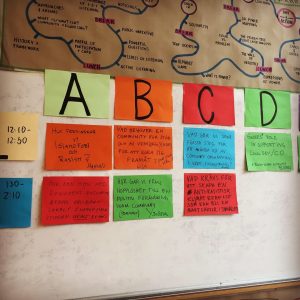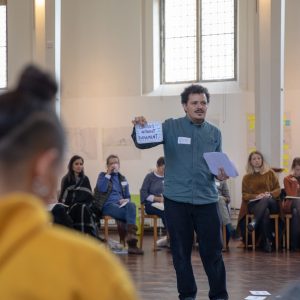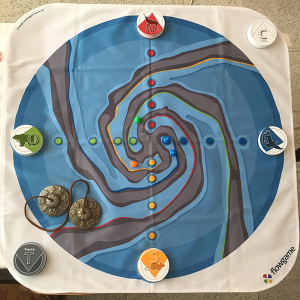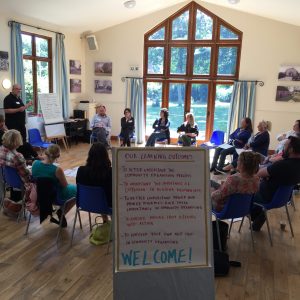
Methods & Practices

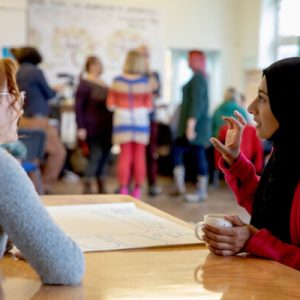
An innovate yet simple methodology for hosting conversations about questions and projects tha matter to the people tha attend. These conversations link a build on each other as people move between groups, cross-pollinate ideas, and discover new insights into the questions or issues tha are most important in their life, work or community. This process helps participants to move from exploring the quest, to discovering whats missing and decide whats next.
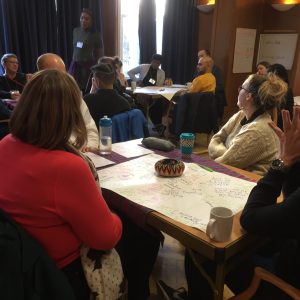
Is a storytelling process to unveil multiple aspects, facets and insights hidden deeply in the experiences of individuals, communities, teams or organisations. This process helps to find common themes across stories from a particular field making it easy to extract the knowledge and learning present in our stories so that we can bring it into practice, whilst sharpening the listening skills of the participants and building deep connections.
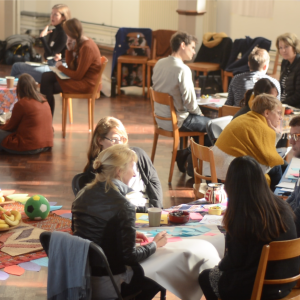
A process created to give participants an opportunity to ask for help and rest of us an opportunity to practice both process/project design and generosity. The Design Lab demonstrates the power of co-creation through diversity of perspectives and working from basis of clear purpose, helping projects become tangible through wise action.
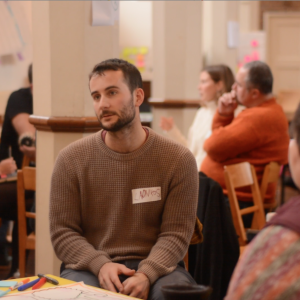
Open Fishbowl is a tool for dynamic dialogue, exposing knowledge while expanding collective understanding. Knowledgeable people, experts or people with deep knowledge or interest in the matter at hand (the fish) sit in an inner circle to discuss a series of directional questions, surrounded by a larger group of observers in an outer circle (the bowl) who can enter the conversation at any time. The inner circle is the stage for speaking and contributing. Those in the outer circle must listen actively and move into the role of fish when they wish to participate in the conversation happening in the inner circle.
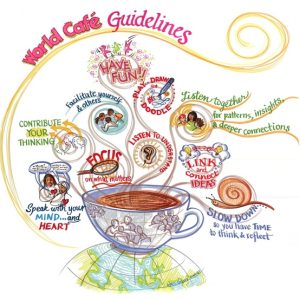
A process used to foster interaction and dilogue with both large and small groups.Particulary effective in surfacing the collective wisdom of large groups of diverse peaople. Very flexible and adapts to many different purposes - information sharing, relationship building, deep reflection, exploration and action planning.
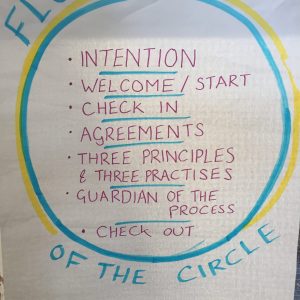
Circle Practice can be adaptable to a variety of groups, issues, and timeframes. It can be used for the duration of a gathering, particularly if the group is relatively small and deep reflection is a primary aim. Circle can also be used as a means for check-in and check-out or as a way of making decisions together, particularly decisions based on consensus.

Is the art of transforming abstract and complex information into visual and evolving knowledge to help enable listening, understanding and collective action. Graphic Facilitation is rapidly becoming an alternative taken up by innovate individuals and organisations across the globe, to create better results by helping people digest and process information into useful and relevant knowledge.

